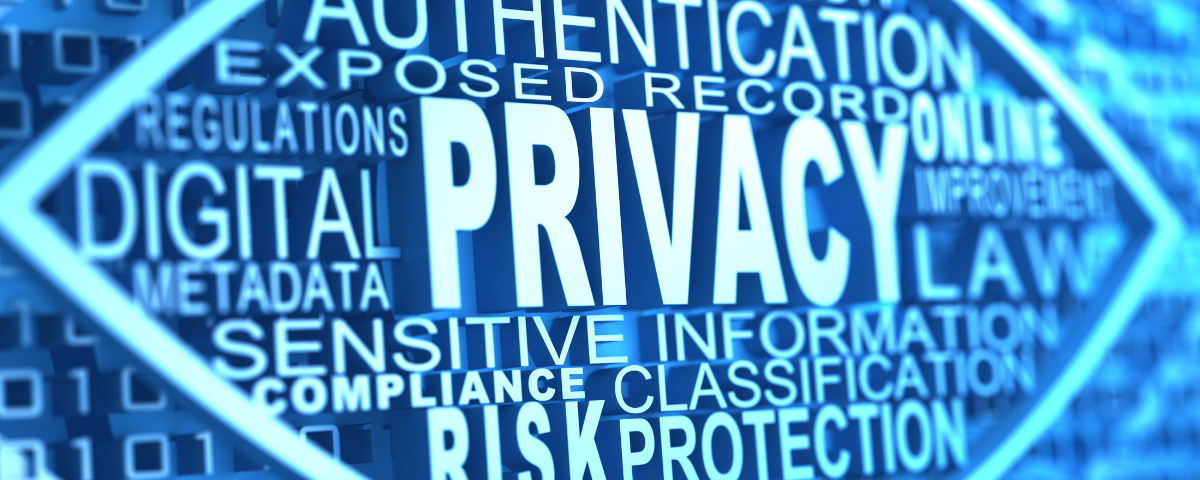Privacy is an issue that is hotter than ever. With the boom on the internet, there are more opportunities to leak and find out about people’s personal lives. When we are online, we give up a lot. This is especially true for our personal email accounts and social media accounts. For example, if you have subscribed to a blog or a newsletter to a ecommerce site, you might get emails (businesses tend to use a secure mailing list management software like simplelists to perform this task) to notify you about a certain launch or a new event happening! But most of the times, we receive a lot of spam e-mails as well!
So when you are reading this, there is a good chance that your email has been hacked or someone has already seen up your email. The internet has advanced rapidly over the years with more areas opening up for people to be free, but for other nefarious activities to be had as well. The history of the internet (click here for more) is a large one, and it is being added to daily.
The online services we use by default-email, social media, and search-are some of the most important tools in the lives of most people. They give us a way to communicate with friends and family, access information, and find new things to do. But they also expose a lot of information about us to those we interact with. As we’ve seen over the past few years, that information can be used to spy on us, sell our personal information, and even manipulate and control us.
What Is Online Privacy
We have to protect our online privacy every day. We go to work, listen to music, and check our emails. We call our friends. We tend to do a lot of things online, for instance, play games for real money, shop on e-commerce websites, and participate in video conference calls. But even do we spend a majority of time being online, we want to keep our online life separate from our offline lives. However, the truth is that we may have a password on our computers and phone, but we can’t protect ourselves when we log onto the Internet. As long as our Internet Service Provider (ISP) can see every website we visit and every email we send, we don’t have much privacy online.
Online privacy is a hotly debated and important issue. As more and more information is shared online, it is increasingly important to protect it from prying eyes. Unfortunately, the digital world is a scary place for people who want to keep their personal information private. The risks of having your information exposed online are only growing, and the government could use that information to track you.
Personal privacy matters to everyone. But there are some people who are more concerned with keeping their online activities private than others. For them, privacy online is a real concern. They want to be able to use the internet without fear of cyber-stalkers, hackers, identity thieves, or their personal information falling into the wrong hands.
How To Have Online Privacy?
I just want to be able to go online without being judged. I want to be able to post without someone threatening to have my account shut down. I want to be able to express myself on the Internet without being afraid when I say something that someone doesn’t like. Those are all good things, and I want to read more about them, but I am too afraid to say a thing. I’m afraid someone will read my writing and decide I’m not the kind of person they want to be around.
The internet is the ultimate tool for information gathering, and there’s no way to stop people from tracking your every move. But, thanks to online privacy and anonymity tools, you can maintain a certain level of privacy while online. This means you have the power to choose what information (if any) is shared, allowing you to maintain control over your online life.
What should you use for Online Privacy?
Online privacy has taken on a new shape in recent years, as companies like Facebook and Google become more and more powerful. While the question of online privacy is far from new, the rapid growth of technology companies and their data collection means that there are far more people taking online privacy seriously than ever before.
Online privacy is important, but it’s not a top priority for most online users. As a result, people often have no idea how much information is being collected about them by businesses and governments, and therefore have no idea how to protect themselves.
For now, the best way to protect your privacy is to do your best not to make yourself an easy target. Your best bet is to use a password that’s easy to remember but hard to guess. Also, opt for the services of a reliable internet provider who can provide strong protection along with providing a sturdy connection. This way, you can rest easy knowing that your internet usage is limited to outside threats.
There are also other ways to keep your information private online, and you can find them by using your own head. Online privacy is a growing concern, especially since the advent of smartphones and online social networks. Many people feel that the internet provides an increasingly personal experience. It is impossible to prevent people from seeing your real name, address, or other identifying information in this reality.

